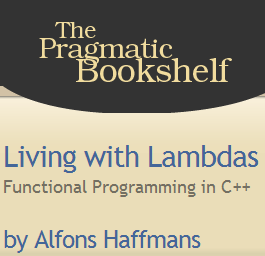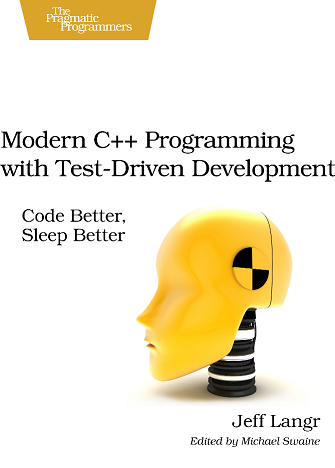Quick Q: How do you have an STL container of polymorphic objects? -- StackOverflow
Quick A: Try vector<unique_ptr<base>> by default.
What's the preferred C++ idiom to own a collection of polymorphic objects?
... I'm sure there's something related to move semantics in there (I could move the objects passed to
add_items()to own them) but I still can't figure out how my collection would be declared.What is the C++ idiom for this sort of polymorphic ownership (particularly with STL containers)?

 A fresh Scott Meyers post about a brand-new C++14 feature:
A fresh Scott Meyers post about a brand-new C++14 feature: We have such a powerful language, and what a powerful language it is.
We have such a powerful language, and what a powerful language it is. Andy's next on move semantics:
Andy's next on move semantics:
 Roger Orr has written about the history and use of auto in ACCU's Overload 115:
Roger Orr has written about the history and use of auto in ACCU's Overload 115: The official mid-meeting standards papers mailing
The official mid-meeting standards papers mailing